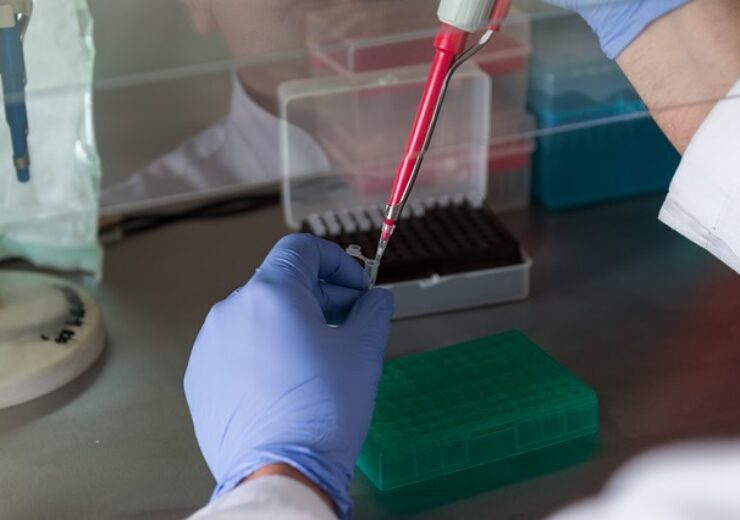The ColoFuture study is designed to evaluate more than 600 male and female patients, aged between 40 and 85 years, at two centres in Norway and two in Germany

Mainz Biomed begins ColoFuture clinical study. (Credit: Michal Jarmoluk from Pixabay.)
German molecular genetics diagnostic company Mainz Biomed has started its clinical study, ColoFuture, to evaluate the potential integration of novel mRNA biomarkers into ColoAlert.
ColoAlert is a colorectal cancer screening test that detects bleeding and non-bleeding tumours through tumour DNA analysis earlier than faecal occult blood tests.
The easy-to-use colorectal cancer (CRC) detection test has received the CE-IVD mark approval and is currently available across Europe.
The ColoFuture study is designed to evaluate the effectiveness of the mRNA biomarkers to enhance ColoAlert’s capability to identify advanced adenomas (AA).
AA is a type of pre-cancerous polyp often believed to cause CRC.
Mainz Biomed CEO Guido Baechler said: “Initiating the ColoFuture study is an exciting opportunity for the company, the patient and medical communities as the outcome could be a game-changer for the role ColoAlert will play in the prevention and treatment of CRC.
“We look forward to reporting the study’s clinical results by early 2023. In its current configuration, the test already represents a top-tier discretionary diagnostic option, and we are thrilled with the commercial traction ColoAlert has achieved to date via our unique business model of partnering with third-party laboratories for test kit processing.
“However, if the study’s results prove positive, it will be a transformative milestone for the Company as it will solidify ColoAlert’s position as the premier at-home diagnostic tool for this deadly form of cancer.”
Mainz Biomed has acquired the novel mRNA biomarkers, through an exclusive option to in-license from the Université de Sherbrooke, in early January 2022.
The researchers at Université de Sherbrooke tested a battery of novel transcriptional biomarkers using colon cancer samples and precancerous lesions.
The biomarkers have shown a unique ability to identify curable precancerous colonic polyps, along with treatable early-stage colorectal cancer (CRC), said the company.
The ColoFuture study is designed to evaluate more than 600 male and female patients, aged between 40 and 85 years, at two centres in Norway and two in Germany.
The primary endpoints of the study include determining sensitivity and specificity rates for CRC with ColoAlert plus the new mRNA biomarkers.
Secondary endpoints include determining the sensitivity for AA lesions in the colon, specificity for advanced precancerous lesions in the colon and, specificity for no colorectal finding.
Mainz Biomed is expected to complete enrolment during the second half of 2022 and is targeting reporting study results in early 2023.
Furthermore, the company intends to initiate a regulatory pathway for approval of the ColoAlert in the US, with plans to incorporate results from ColoFuture into the design of the US study.
